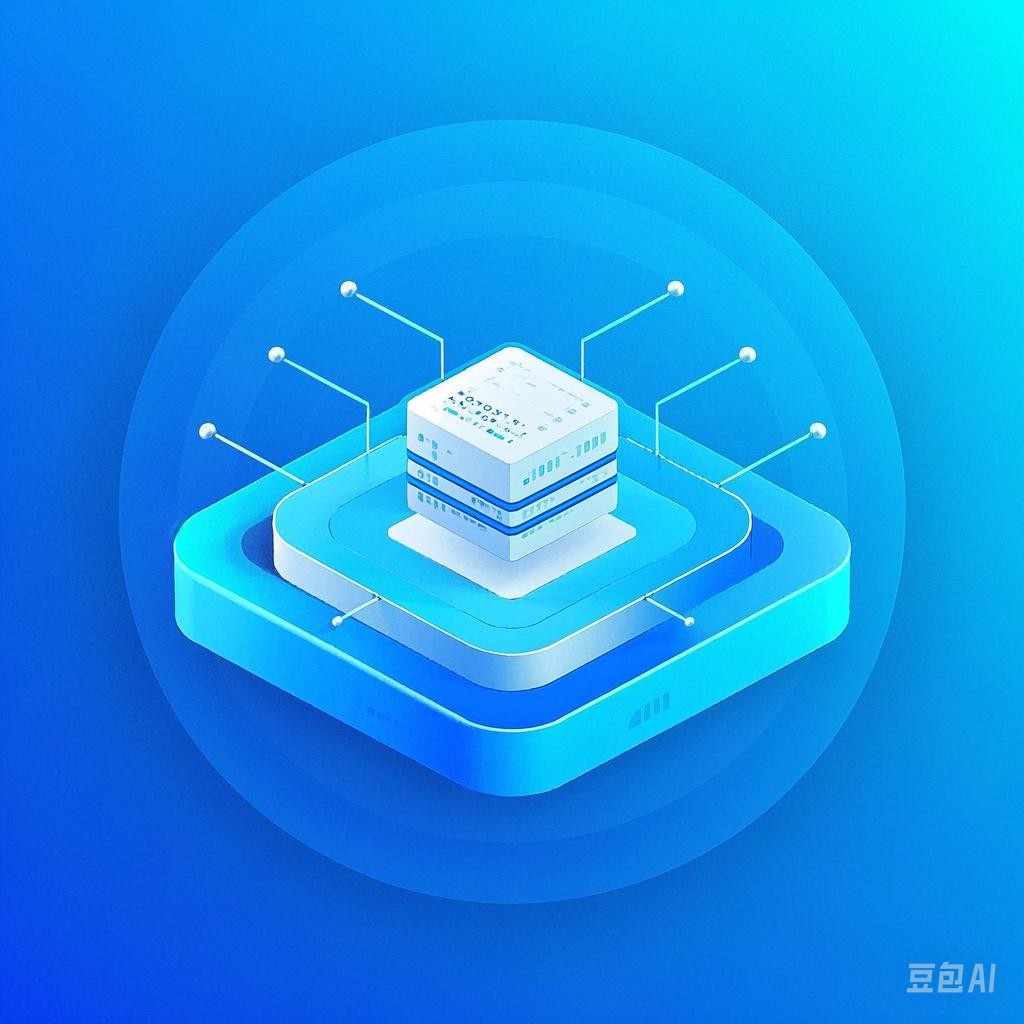The advent of cloud computing has revolutionized the way businesses and individuals consume and deliver computing resources. At the heart of this revolution lies the concept of distributed systems, which have become indispensable for enabling scalable, reliable, and efficient cloud services. This article delves into the power of distributed systems in cloud computing, exploring their architecture, benefits, challenges, and real-world applications.
Understanding Distributed Systems
Definition
A distributed system is a collection of independent computers that communicate and coordinate tasks by passing messages between them. These computers, often referred to as nodes, work together to achieve a common goal, such as providing a scalable and fault-tolerant service.
Key Characteristics
- Scalability: Distributed systems can scale horizontally by adding more nodes to handle increased load.
- Fault Tolerance: They can continue to operate even if some nodes fail, thanks to redundancy and failover mechanisms.
- Decentralization: There is no central authority controlling the system, which enhances its robustness and reliability.
- Concurrency: Multiple nodes can execute tasks concurrently, leading to improved performance.
Architecture of Distributed Systems
Node Types
- Client Nodes: These are the users or applications that interact with the distributed system.
- Server Nodes: These nodes provide services to client nodes, such as data storage, computation, or communication.
- Worker Nodes: These nodes perform specific tasks, such as processing data or executing code.
Communication Protocols
- Message Queues: Enable asynchronous communication between nodes, ensuring that messages are delivered reliably.
- RESTful APIs: Allow nodes to interact with each other using standard HTTP requests and responses.
- RPC (Remote Procedure Call): Enables nodes to invoke procedures on remote nodes as if they were local.
Data Storage
- Distributed Databases: Provide a scalable and fault-tolerant way to store and retrieve data.
- Caching: Improves performance by storing frequently accessed data closer to the nodes that need it.
Benefits of Distributed Systems in Cloud Computing
Scalability
Distributed systems enable cloud providers to scale their services horizontally, adding more nodes as demand increases. This ensures that users always have access to the resources they need, without experiencing downtime or performance degradation.
Reliability
By distributing the workload across multiple nodes, distributed systems can continue to operate even if some nodes fail. This redundancy ensures that cloud services remain available and reliable, even in the face of hardware or software failures.
Performance
Concurrency and parallel processing enable distributed systems to handle large workloads efficiently. This leads to faster processing times and improved performance for cloud services.
Flexibility
Distributed systems can be easily adapted to meet changing requirements, as new nodes can be added or removed without disrupting the overall system.
Challenges of Distributed Systems
Complexity
Designing and implementing distributed systems is complex, requiring a deep understanding of various technologies and protocols.
Consistency
Ensuring consistency across a distributed system can be challenging, especially when dealing with concurrent updates to shared data.
Security
Distributed systems are vulnerable to various security threats, such as distributed denial-of-service (DDoS) attacks and unauthorized access to sensitive data.
Real-World Applications
E-commerce Platforms
Distributed systems enable e-commerce platforms to handle high traffic volumes, provide personalized recommendations, and ensure fast and secure transactions.
Social Media Platforms
Social media platforms rely on distributed systems to store and process vast amounts of user-generated content, while ensuring high availability and scalability.
Cloud Storage Services
Cloud storage services use distributed systems to store and retrieve data from multiple locations, providing users with fast and reliable access to their files.
Conclusion
The power of distributed systems in cloud computing cannot be overstated. By enabling scalability, reliability, and performance, distributed systems have become the backbone of modern cloud services. As cloud computing continues to evolve, the importance of distributed systems will only grow, making them an essential component for any organization looking to leverage the full potential of the cloud.
